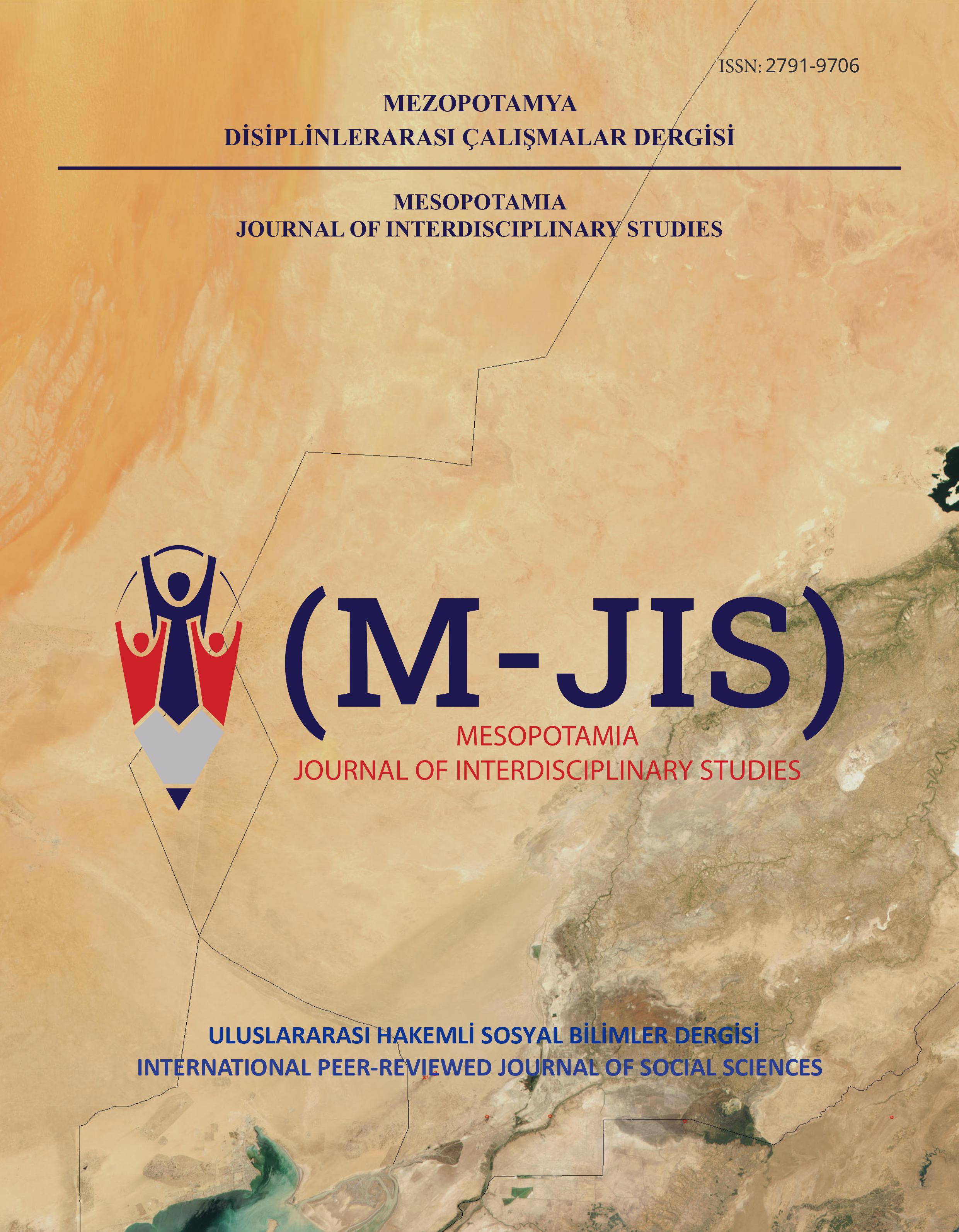Author :
Abstract
Bu araştırmanın amacı günlük söylemlerde yer alan günlük anlatıları incelemektir. Bu bağlamda Anadolu Üniversitesi Alman Dili Eğitimi Anabilim Dalı öğrencilerin kaydedip çevriyazıya dönüştürdükleri otuz günlük söylem incelenmiştir. Yöntem olarak seçilen söylemlerdeki sözcelerin önerme içerikleri yorumlanmıştır. Örnek olarak seçilen söylemlerdeki anlatı bölümleri verilmiştir. Günlük anlatı örnekçesi bireysel deneyimlerle ilgilidir. Örnekler çözümlenirken anlatıcının bireysel deneyimleri ile ilgili kişisel bilgisini nasıl dile getirdiği ortaya konmuştur. Kuramlar, dilbilim, işlevsel edimbilim ve Türk edebiyatındaki çalışmalara dayanmaktadır. Araştırmada öne çıkan konular şunlardır: Bireysel konular, toplumsal konular, geleneksel konular ve seyrek olarak ortaya çıkan konulardır. Söylenmesi gereken; bireysel anlatılarda nesnelliğin aranmamasıdır. Bireysel anlatılarda genelde sorunlar dile getirilmektedir. Anlatanın amacı sorununu dinleyici ile paylaşarak, dinleyici ile birlikte sorununa çözüm bulmaktır. Ancak araştırmada verilen örneklere dayanarak diyebilirim ki sorunların çözümü her zaman mümkün olmamaktadır. Günlük söylemlerdeki anlatılar sohbetin bir yerinde başlamaktadır. Anlatı bitince sohbete devam edilmektedir. Bu açıdan bakınca anlatılar söylemi bitirmemektedir. Anlatılanlar yalnızca bireysel değildir. Çözümlenen örneklere dayanarak denebilir ki bir toplumun üyesi olan anlatıcı toplumsal sorunları, kültürel alışkanlıkları ve dilsel alışkanlıkları da dile getirmektedir
Keywords
Abstract
The purpose of this study is to examine the individual narratives in everyday discourse. For this purpose, thirty days of discourse recorded and transcribed by Anadolu University German Language Teaching Department students were examined. As a method, the propositional contents of the utterances in the selected discourses were interpreted. The narrative parts of the selected discourses are given as examples. The everyday narrative pattern is about individual experiences. By analyzing the examples, it was revealed how the narrator expressed his/her personal knowledge about his/her individual experiences. The theories are based on studies in linguistics, functional pragmatics and Turkish literature. Individual, social, traditional, and infrequent issues are the prominent narrative topics revealed by the study. It is particularly striking that objectivity is not sought in individual narratives. Problems are often expressed in individual narratives. The purpose of the narrator is to share his problem with the listener and to find a solution to his problem together with the listener. However, based on the examples given in the research, it seems that it is not always possible to solve the problems. The narratives in everyday discourse begin somewhere in the conversation. After the narration is over, the conversation continues. Therefore, the narratives do not end the discourse. The narratives are not just individual either. Based on the analyzed examples, it can be said that the narrator, who is a member of a society, also reflects social problems, cultural habits, and linguistic habits.





